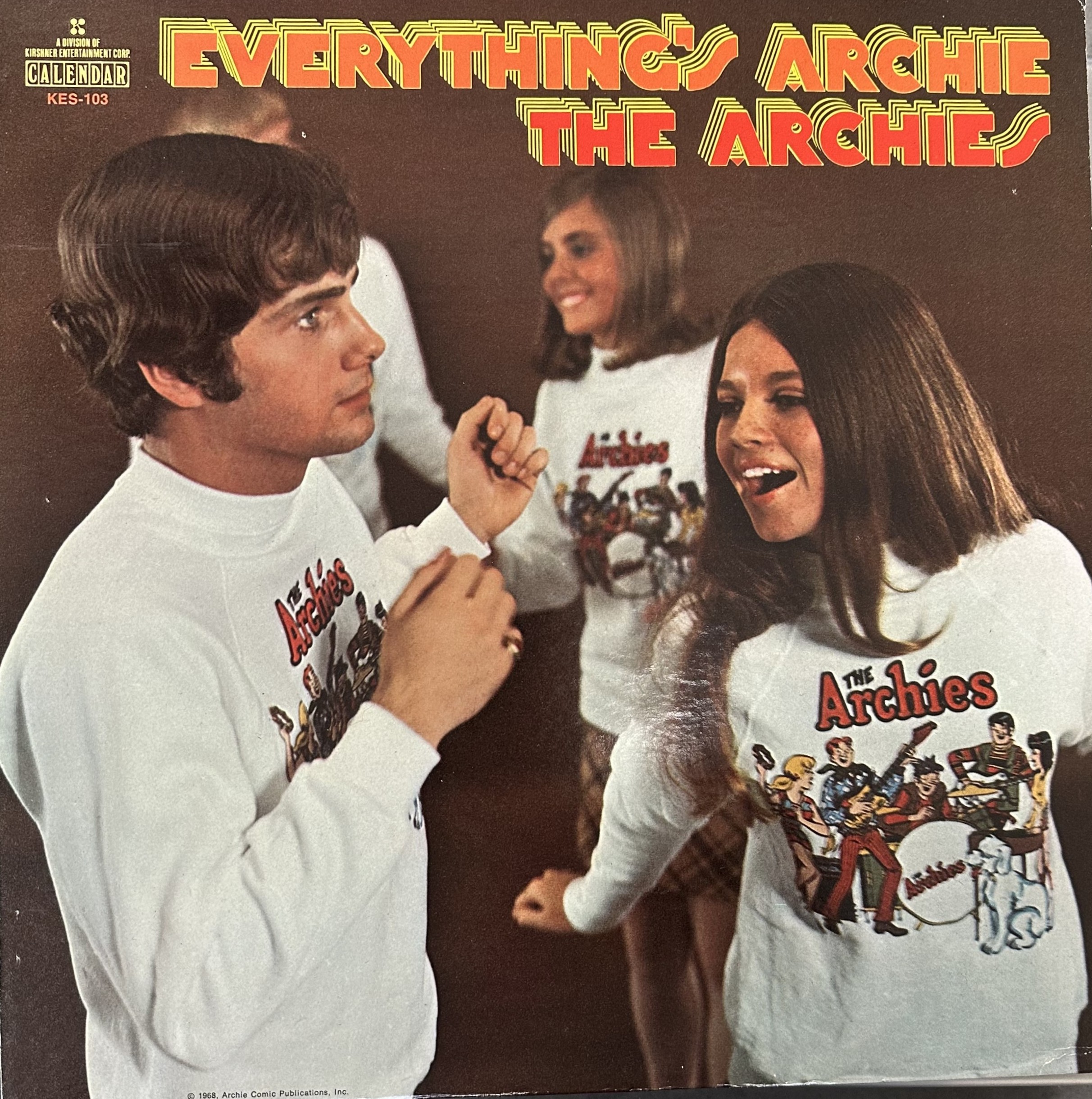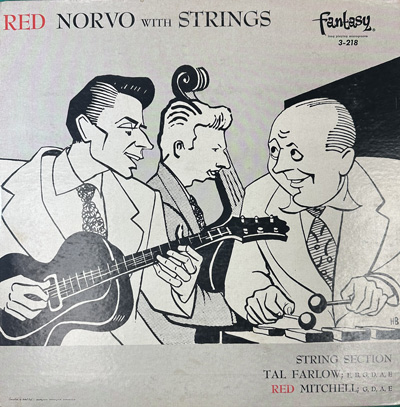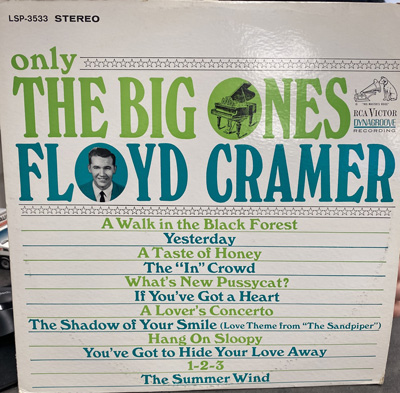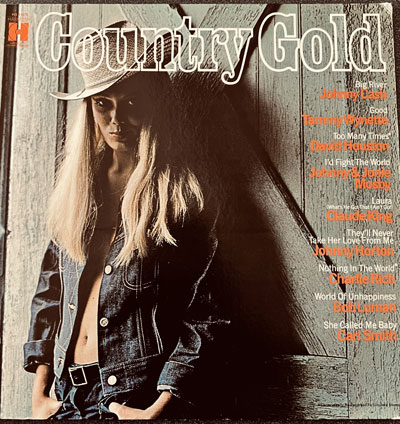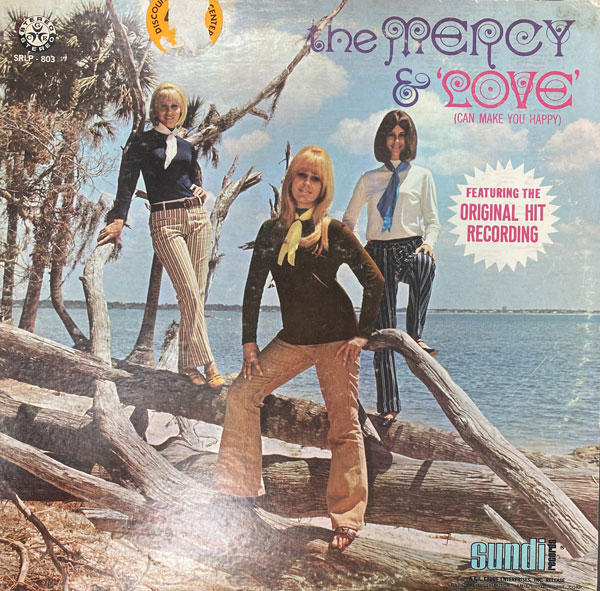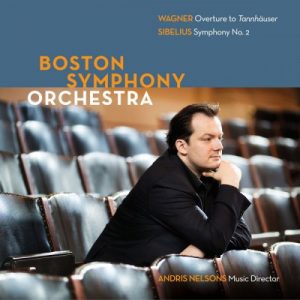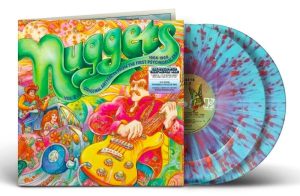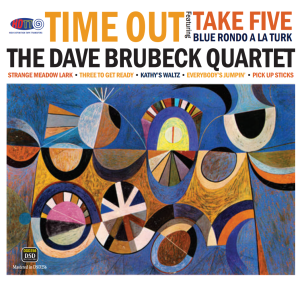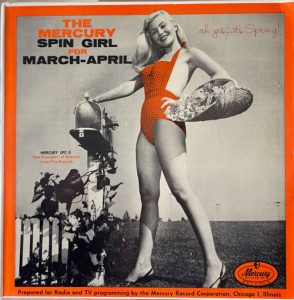I've been pondering over whether I should even write about this album, since conflicts of interest are rarely a good thing. After weeks of beating my head against the proverbial wall, I realized that I didn't create the 60s folk masterpiece known as Southbound (Vanguard VSD 79213). Rather, I only chose it to be part of Cisco Music's 180 gram vinyl catalog. The person who created it was the legendary guitarist and singer Doc Watson (1923 - 2012), with some help from his son, guitarist Merle Watson (1949 - 1985), guitarist John Pilla (1942 - 1988), bassist Russ Savakus (1925 - 1984), and an unidentified but very talented recording engineer. Watson recorded a slew of titles for Vanguard, and all of them have some elements of inspiration, but none of them is the mountain of magic that this album is.
Watson had a unique way of transforming country songs into folk songs, and the first cut on Southbound is a perfect example. It's a song that Mel Tillis wrote and recorded in 1960 called "Walk On, Boy." The version that Watson covered is Jimmy Dean's recording from 1962. I love Jimmy Dean. He was cocky, funny, intelligent, musically inspired, and his recording of this song thrills me to my bones. Dean's big production session featured his lead vocal, extraordinary backup vocals from the Jordanaires, prominent tom toms from Buddy Harman, and a sharp sounding clink, played by Floyd Cramer. It's bathed in old school live chamber reverb, the soundstage is huge, and the percussion is impactful. Watson's sparse acoustic version, featuring his rich voice, his Martin guitar, and the brilliant use of a bowed bass, is minimalist by comparison. And yet it carries the same weight. In short, both interpretations are brilliant, and both feature demo quality sound, albeit in a very different way.
Side one cut three is an inspired flatpicking fest. It's the classic "Sweet Georgia Brown'' done instrumentally. Doc Watson was and still is the gold standard master of the flatpick guitar. Sonically, Doc and his Martin guitar are front and center, while John Pilla's second guitar is off to the left, and Russ Savackus' standup bass is off to the right. No reverb was used or needed to create the sound of musicians sitting right before you, and musically their inspiration is off the charts and through the roof.
Side one cut four is the blues standard "Alberta." If you're looking for something that resembles the versions by Leadbelly or Bob Dylan, look elsewhere. This is a beautiful love song, and it shows off Doc's wonderful singing. Doc sounds like he's in a vocal booth pretty close to the glass window. The mic is also rather close. As usual, his Martin sounds just as wonderful as his voice, and again he's accompanied by John Pila's second guitar and Russ Savackus' standup bass. A teensy bit of reverb was added, but only to his voice, which makes the overall soundstage sound big, but never bloated. It's hard not to love this cut.
The fifth cut on side one is the title cut, "Southbound." It's the perfect segue between the fourth cut and sixth cuts. Momentum is the defining element found here. It's also one of the five cuts on the album featuring Doc's son, Merle, on the second guitar. This album was Merle Watson's debut, and from this point on they were an unbreakable unit, that is, until Merle's tragic death in 1985. The unmistakable feeling of rolling down a country road with the windows wide open is what makes this instrumental work.
Side one cut six is a great instrumental called "Windy And Warm." There are so many great cuts on this album that it's hard to pick a favorite, but when I'm playing this it feels like my favorite. This duet between Watson and Savackus sounds spontaneous. It's also very well recorded. The bottom end of the guitar and the string bass are ever so slightly on the ripe side of neutral, but like a vintage tube amp you can't stop yourself from loving the way it makes you feel. This cut also features some of the best note bending I've ever heard, and both musicians are doing it. After hearing this cut you'll want to add the name Russ Savackus to your list of favorite bass players. Leroy Vinnegar and Scott Lafaro would have been proud to play this well.
We're back on the highway with the closing of side one with a cut that's aptly called "Call Of The Road." It's a Watson original, and this time we're in a convertible with the top down, cruising even faster than we did on cut five. It's also another duet, this time involving Watson and Pilla.
Side two opens with the most famous cut on the album, "Tennessee Stud." The guitar riff is to folk music what "Smoke On The Water" is to hard rock. Jimmy Driftwood composed it, and the version Doc is covering belongs to Eddy Arnold. Eddy's version comes from the album, Thereby Hangs A Tale (RCA LSP 2036). It's the same album where Willie Nelson found his "Red Headed Stranger." The sound on this cut is rich, smooth, and effortless.
Side two cut four is the instrumental "Nothing To It." The title is a tongue in cheek joke, as there's actually an awful lot to it, and it's mostly the incredibly good musicianship. Watson and Pilla are having a ball showing off their speedy picking skills, and the reason they are playing so fast is because they can, and the sound is fantastic.
Side two cut five is the folk chestnut "The Riddle Song." Other notable versions include Susan Reed and Eddy Arnold. Who does it best depends on who's sitting on my turntable, and I'm glad to own all three recordings. This cut features Doc's vocals, his guitar, and a second guitar from Merle Watson.
Side two closes with another Watson/Pilla duet called "Nashville Picking." It's another speedy romp, from a couple of happy guys who sound like they just robbed the local music store. Nobody's going to catch them, and they know it!
With the thousands of albums that I own, few are without weak cuts, and to be honest, side one cut two, "Blue Railroad Train," isn't very interesting. Having said this, Southbound is as close to flawless as an album can get. Every cut but one says something or does something, and whatever that something is, the feeling it provides is really good. There's nothing sappy, edgy, or silly found anywhere. It's full of genuine sentiment, beauty, and above all, honesty. The music also has no timestamp on it. Other than the effortless 99% reverb-free sound of the vintage tube gear that was used to record it, you would never know that it was recorded in 1966. This is the kind of music that is happening today, and maybe at a coffeehouse near you.
What I didn't know back when I bought my first copy of Southbound is that the copy I found was an ARS record club edition. What I know now is that ARS's remastered Vanguards tend to sound very good, and the three that I've heard, by Doc Watson, Joan Baez, and Country Joe and The Fish—all presumably released at the tail end of the 60s—sounded in some ways better than the already excellent originals from Vanguard. As I was extremely impressed with the ARS remastered Southbound, it became my sonic reference when I remastered this album with my friend and mastering maven Kevin Gray. It's also worth mentioning that if you're used to the sound of lean guitars, an overall (as in over ALL) wash of digital reverb, and the overemphasized picking sound of the string bass, all of which are commonly heard on modern folk and jazz recordings, listening to this album could be a revelation. It might even send you shopping for 60s folk records!
So there you have it. Southbound is an amazing record. It's one of the most soulful folk albums I've ever heard. If you're looking for a heavy dose of acoustic magic, there is no better place to find it. It also features incredible sound. It's an album that belongs in every music collection. I know the Cisco LP that I worked on has incredible sound, but so do clean originals. I haven't heard any streamed versions of this material, but the standard CD that was issued by Welk Music Group in the 90s has a bad case of added reverb. With that said, the cuts I heard on YouTube were reverb-free, so I assume that you can stream some and maybe all of the songs from Southbound in their unvarnished form. However, I don't know if you can stream the songs in their original album form. I don't stream, but Southbound should be heard as intended. When it comes to music, there's none finer this.





